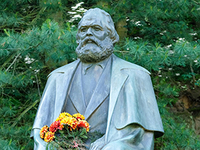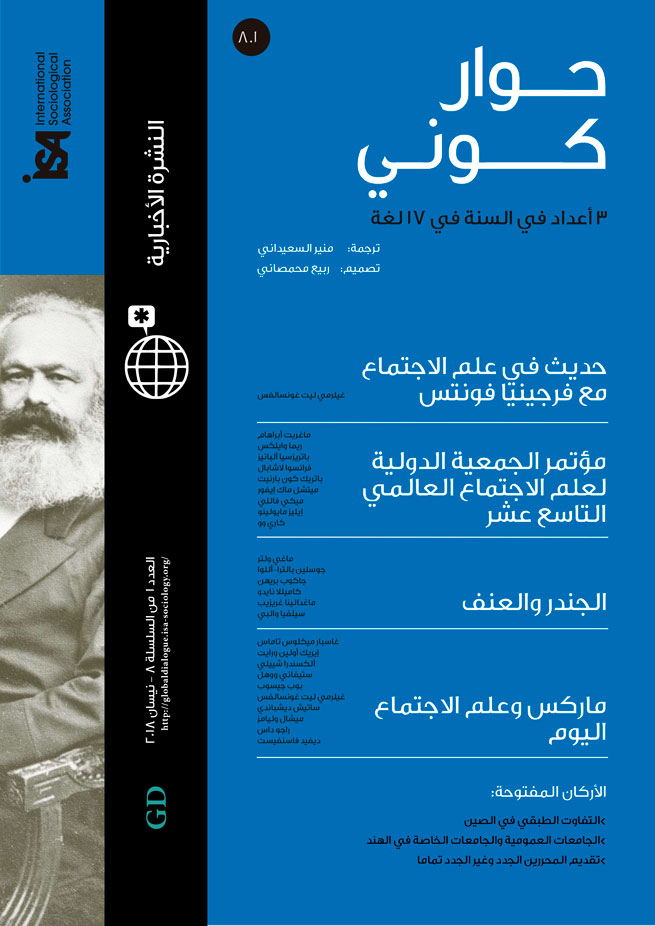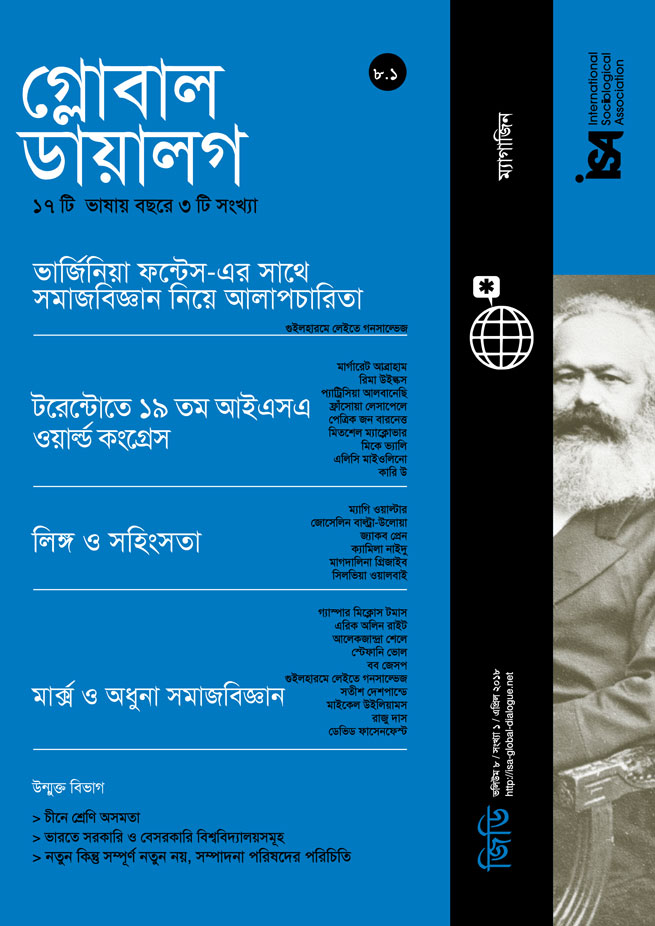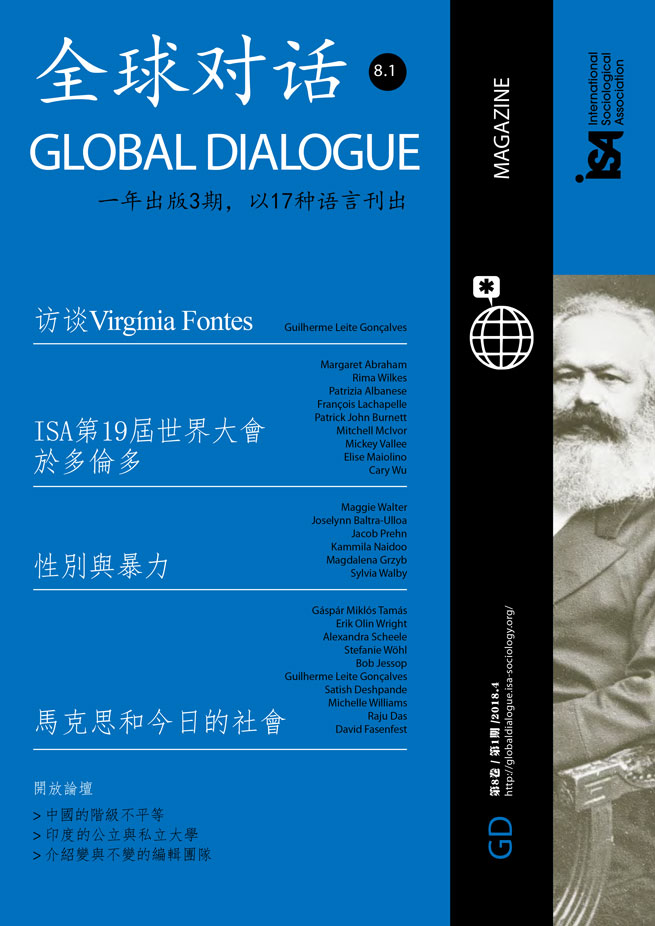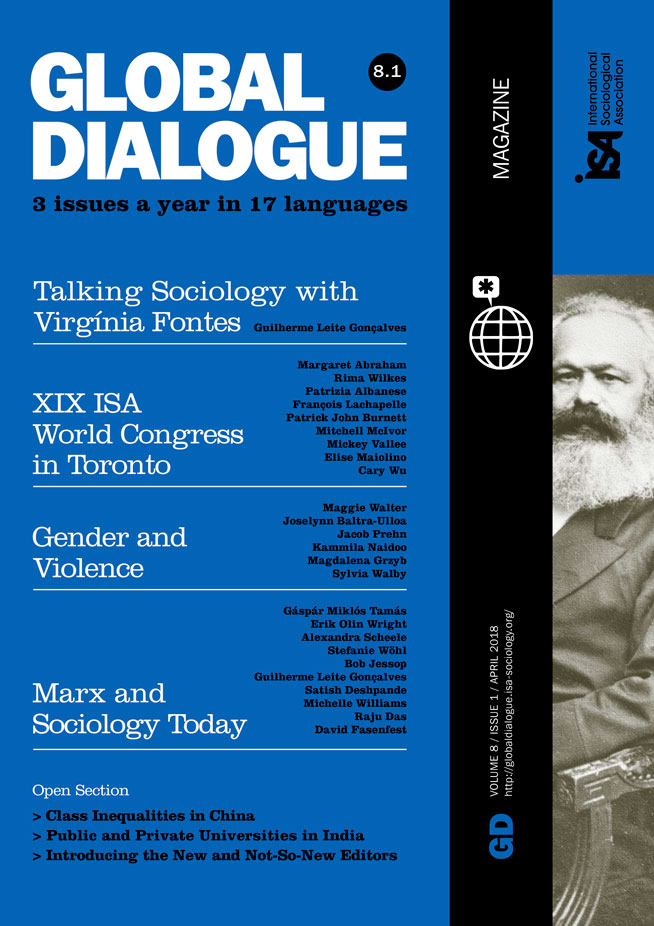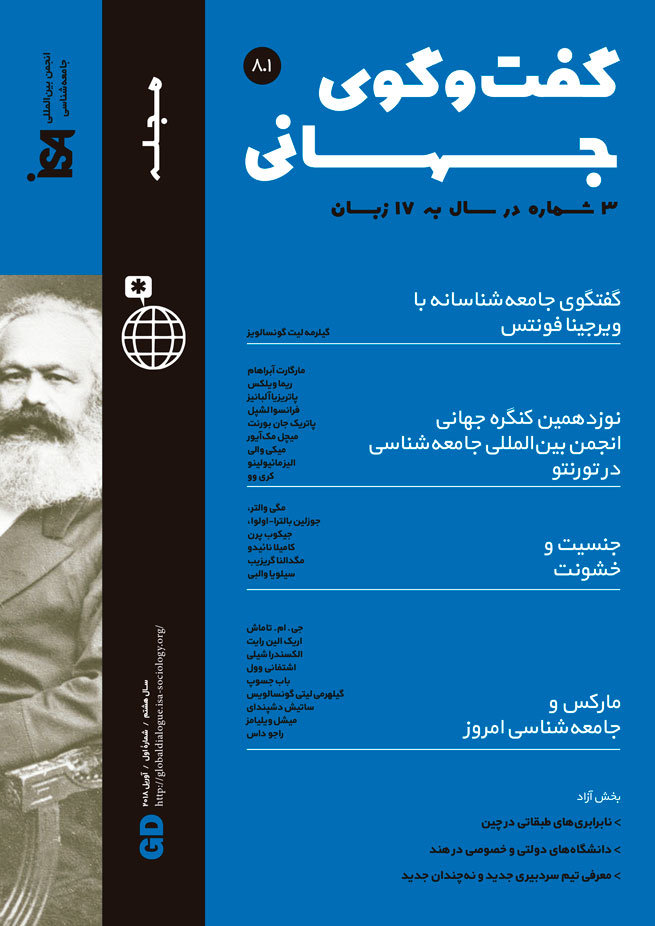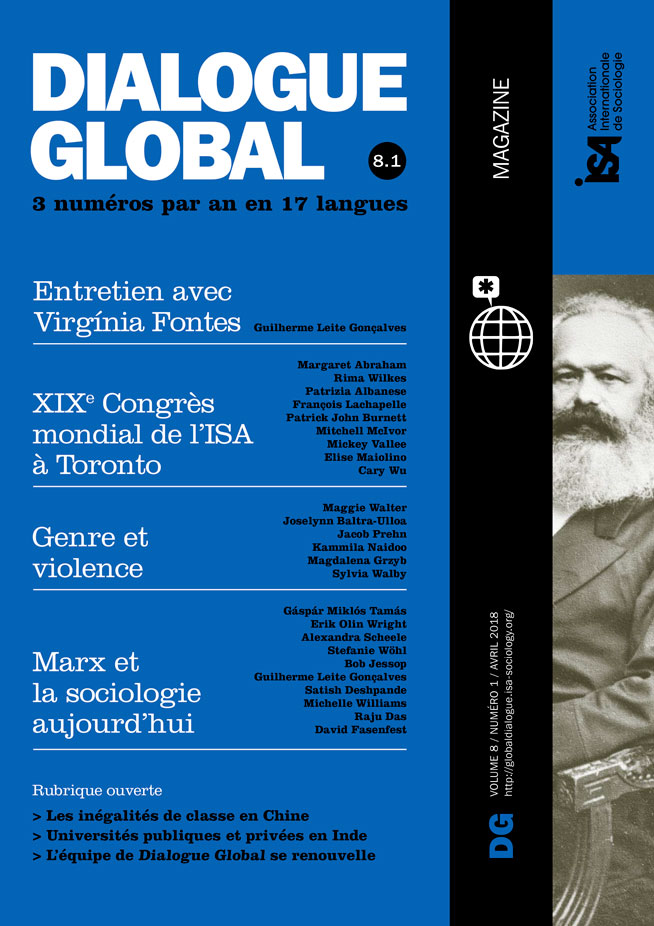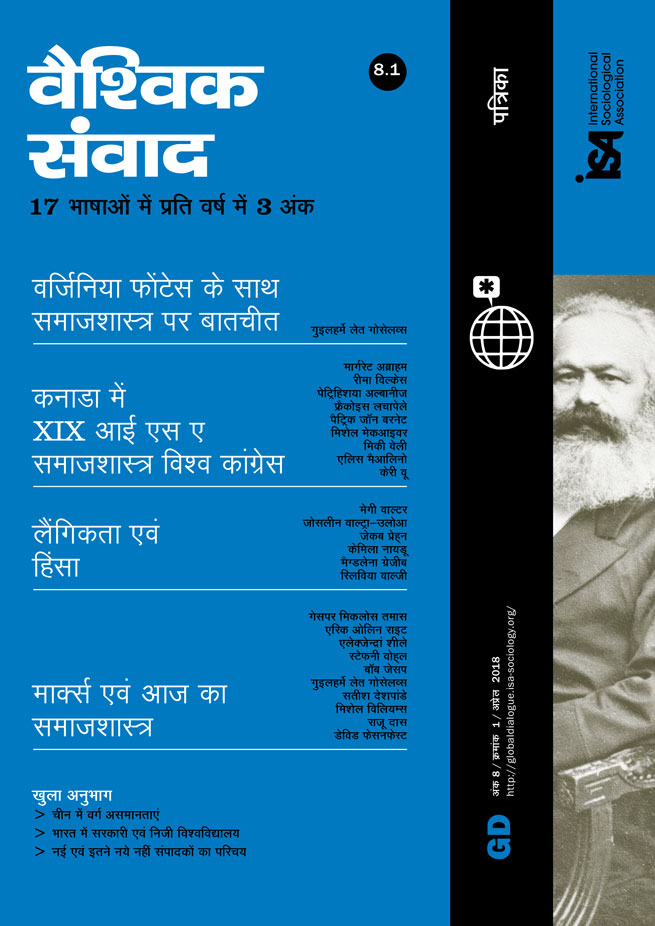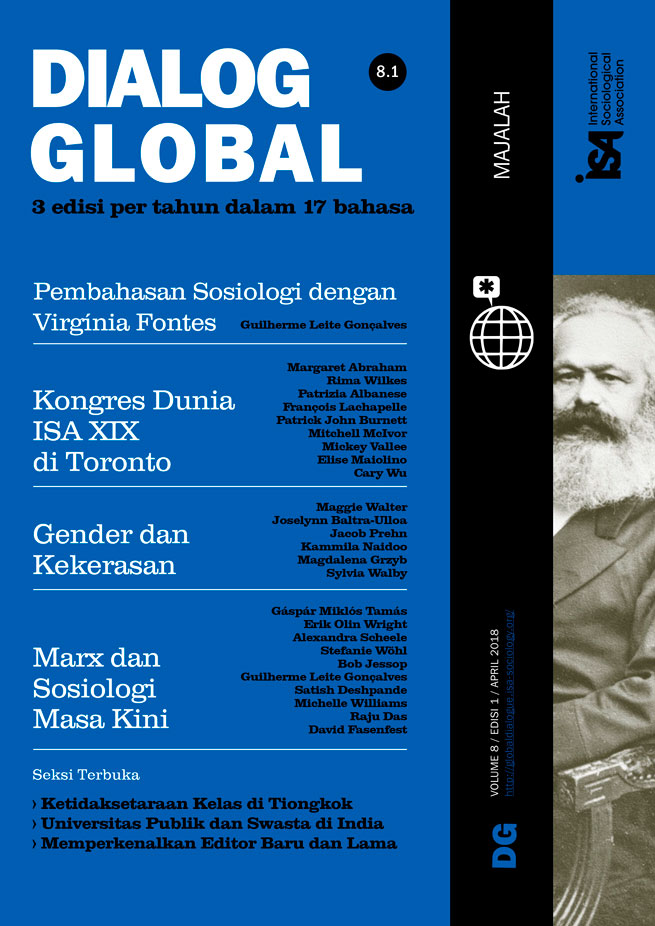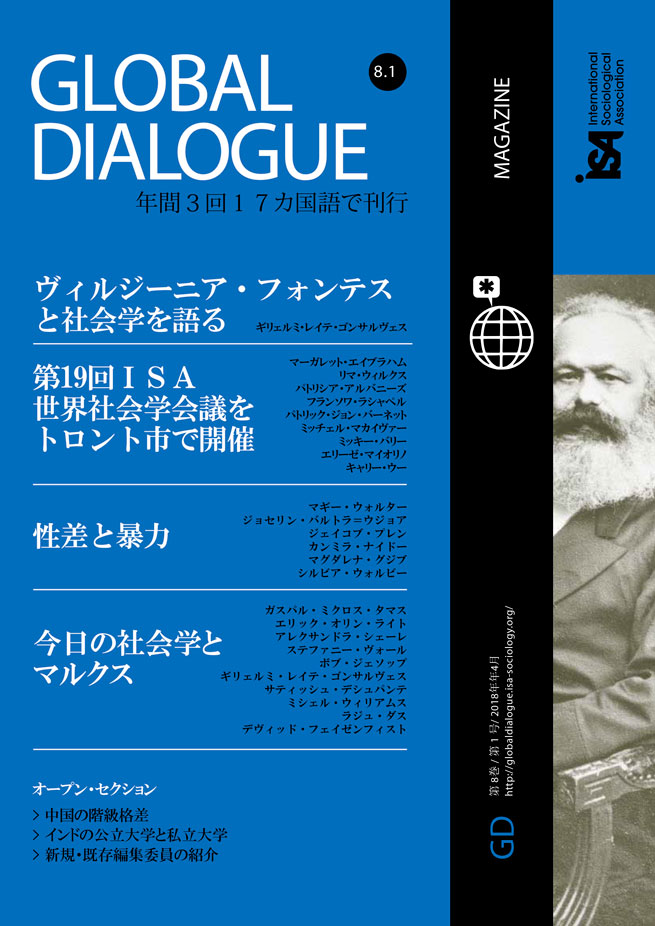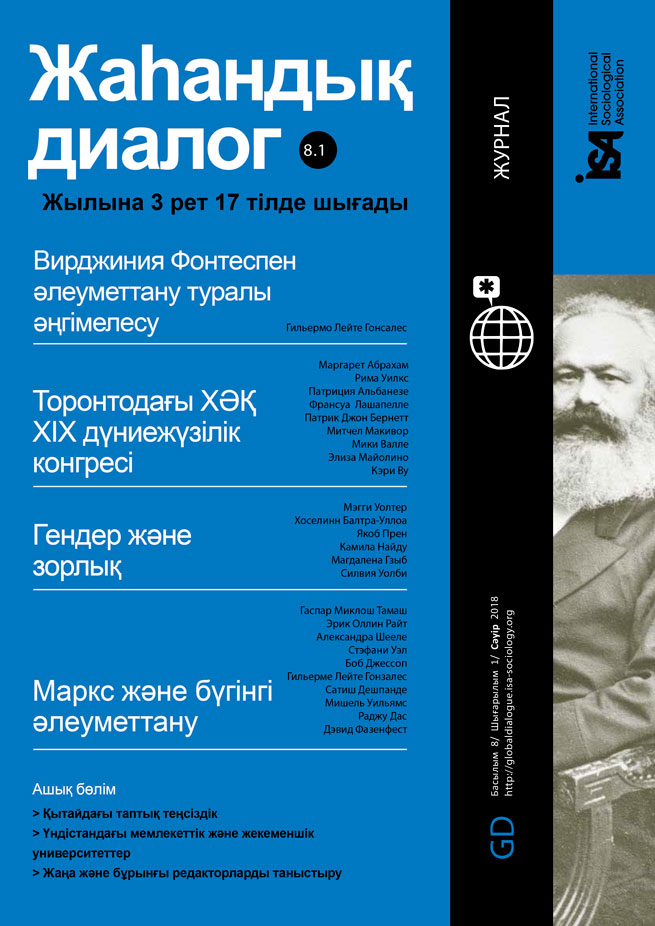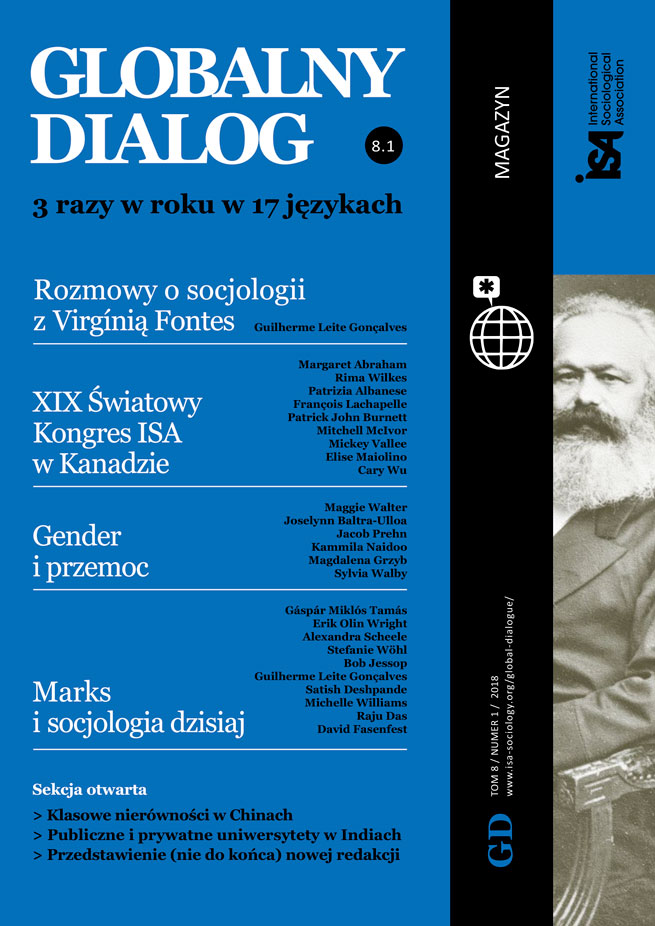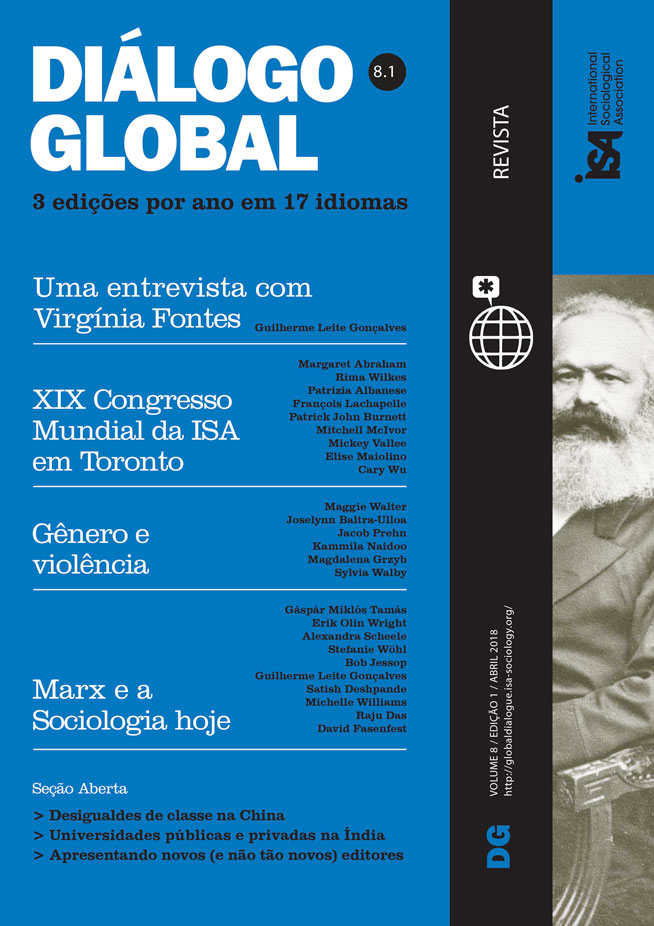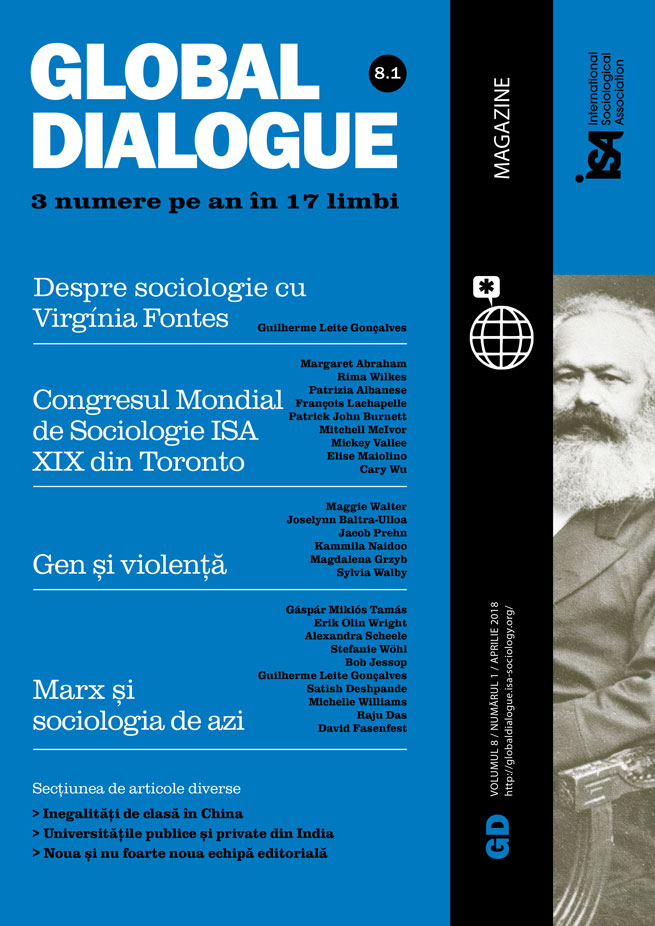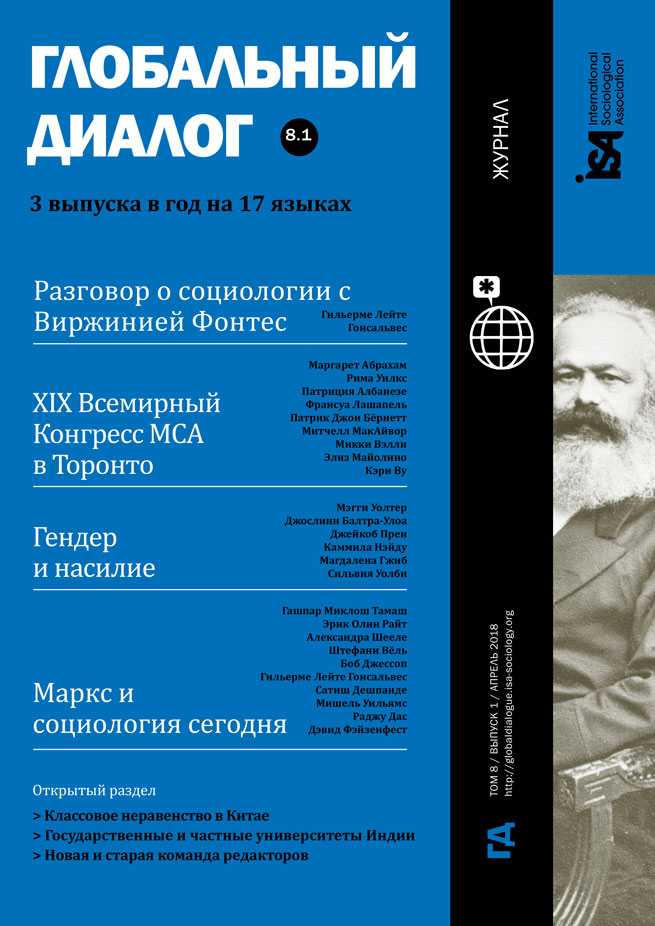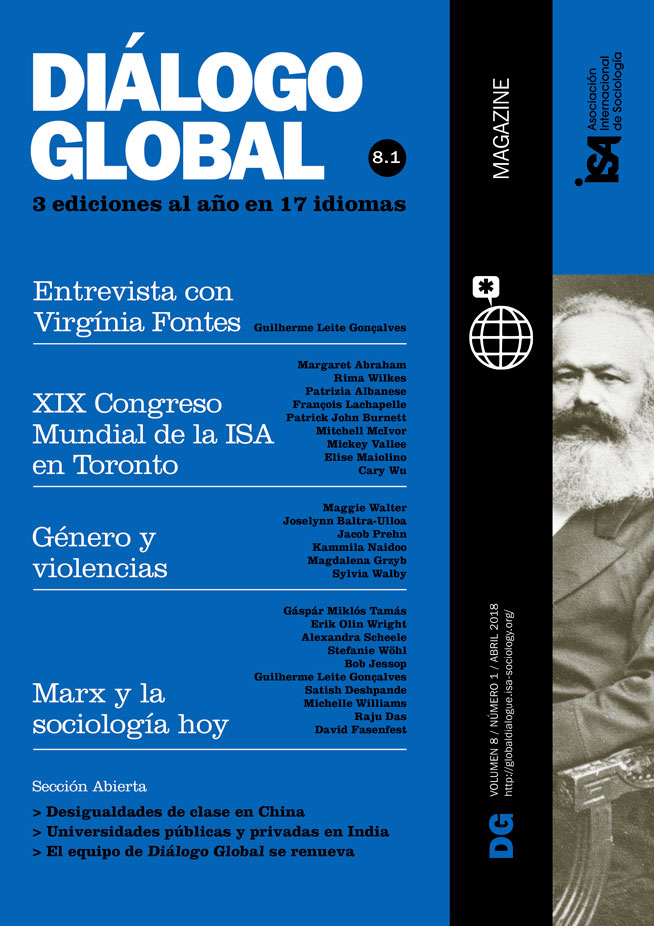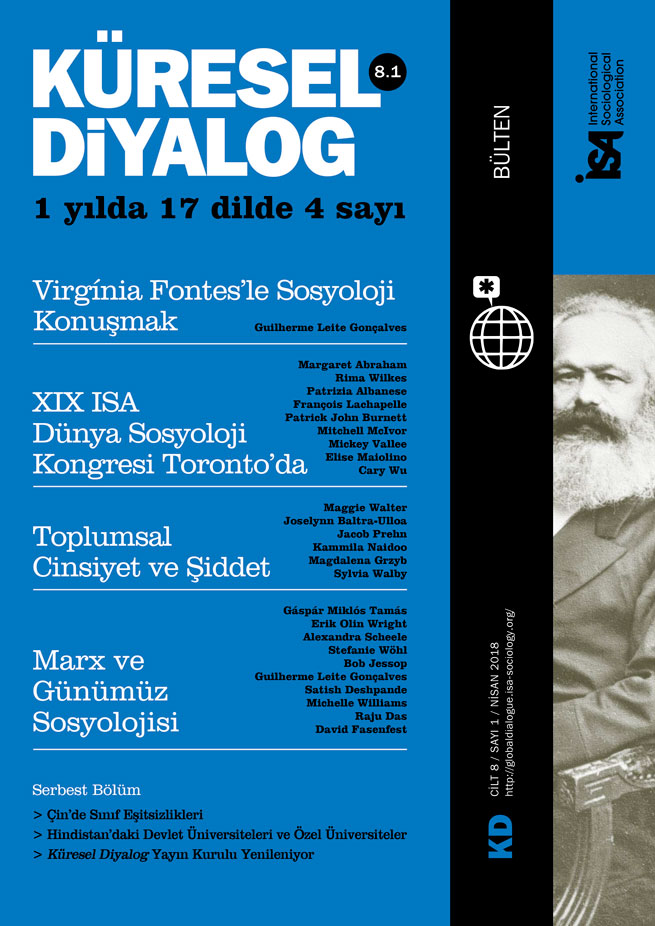No idea is more closely associated with the work of Marx than the claim that the intrinsic dynamics of capitalism contain deep contradictions that ultimately lead to its self-destruction, and what is more, that these dynamics simultaneously create conditions favorable to the creation of an alternative form of society much more conducive to human flourishing. The first part of the argument constitutes a strong prediction about the destiny of capitalism: in the long term, capitalism is an unsustainable social order and will inevitably come to an end. The second part is less deterministic: the dynamics that destroy capitalism open up new historic possibilities (especially because of the development of the forces of production and human productivity) and, at the same time, create a collective agent – the working class – capable of taking advantage of those possibilities to construct an emancipatory alternative through revolution. Whether or not this capability will actually result in the realization of this alternative depends on a range of more contingent processes: the dissemination of revolutionary ideology, the emergence of robust solidarities, the development of forms of political organization able to give coherence to struggles, and so on. Taken as a whole, therefore, the theory embodies the interplay of deterministic claims about the inevitable demise of capitalism with nondeterministic claims about the future beyond capitalism.
This duality of deterministic and nondeterministic claims is part of what made Marx’s theoretical ideas such a compelling basis for political movements. The nondeterministic elements validate the importance of purpose-filled collective agency and the willingness of individuals to join in the struggle for a better world. The deterministic elements give reasons for optimism: even when the obstacles to revolution seem daunting, anti-capitalist forces could believe that “history is on our side” and eventually the conditions will be “ripe” for a revolutionary breakthrough.
We now live in a world very different from the one in which Marx formulated his theoretical ideas. Some of Marx’s predictions have been spot-on: capitalism has become a global system, reaching the far corners of the world; the forces of production have developed in astonishing ways; capitalist markets deeply penetrate most facets of life; severe economic crises are a persistent feature of capitalist societies. But other predictions, crucial for the overarching aspiration of transcending capitalism, have not been borne out: rather than becoming steadily more homogeneous, the working class has become increasingly fragmented and heterogeneous in all sorts of ways, impeding the solidarity needed for sustained collective action against capitalism; capitalism has proven much more resilient in responding to crises, with new modes of accumulation; the capitalist state has proven much more flexible in absorbing popular demands, while resorting to effective repression when needed; and finally, the tragic history of the attempts at constructing an alternative to capitalism in the aftermath of socialist revolutions has undermined the optimism that crises create the opportunity for revolutionary political forces to build a just and humane alternative.
In the twenty-first century, therefore, it is no longer plausible to see the “laws of motion of capitalism” as inevitably destroying the viability of capitalism while simultaneously creating favorable conditions for its emancipatory transcendence. This does not mean, however, that the Marxist tradition has lost its relevance. In particular, four central propositions of the Marxist tradition remain essential for both the scientific understanding of contemporary society and the efforts to create a better world:
- Capitalism obstructs the fullest possible realization of conditions for human flourishing. The sharpest indicator of this is persistent poverty in the midst of plenty, but the harms of capitalism extend beyond material deprivation to other values important for human flourishing: equality, democracy, freedom, and community. The source of these harms of capitalism is above all its class structure. The class relations of capitalism create harms through a variety of mechanisms: exploitation; domination; the conversion of economic power into political power; destructive forms of competition; and the expansion of markets in ways that undermine community and reciprocity. A great deal of ongoing research in the Marxist tradition documents these harms.
- Capitalism’s dynamics are intrinsically contradictory. Capitalism cannot achieve a stable equilibrium in which everything fits together into a functionally integrated whole. Even if there is no inherent tendency for capitalist contradictions to reach such an intensity as to make capitalism unsustainable, they repeatedly open spaces for new possibilities and transformative struggles.
- Another world is possible. Perhaps the most fundamental idea of the Marxist tradition is that an emancipatory alternative to capitalism is possible in the form of an economic system in which capitalist class control of investments and production is displaced by radical economic democracy. This is what changes Marxism from simply a critique of capitalism into an emancipatory social science. To say that an emancipatory alternative is “possible” is to say more than simply that an alternative is imaginable; the alternative must be desirable, viable, and achievable. The Marxist claim is thus that radical economic democracy would more fully realize emancipatory values than capitalism; that if it were instituted, it would be sustainable; and that there are plausible historical circumstances in which it would be achievable.
- Transformation requires class struggles of construction, not just resistance. Transforming capitalism into economic democracy requires collective action and mobilization from below. While elite allies may be crucial, emancipatory social transformation will not simply be the result of the initiatives of enlightened elites. Emancipatory transformation also requires more than simply opposing the harms of capitalism; it requires building new institutions that embody the emancipatory ideals. In Marx’s original theoretical formulation, transformations of construction were thought to mainly occur after a revolutionary rupture with capitalism: the working class, once in power, would build the new society. In the twenty-first century, this is no longer a plausible strategic vision. If radical economic democracy is to be a future beyond capitalism, the task of building it needs to begin inside of societies still dominated by capitalism.
These four propositions anchor the ongoing development of the Marxist tradition of emancipatory social science in the 21st century.
Erik Olin Wright, University of Wisconsin–Madison, USA <wright@ssc.wisc.edu>



